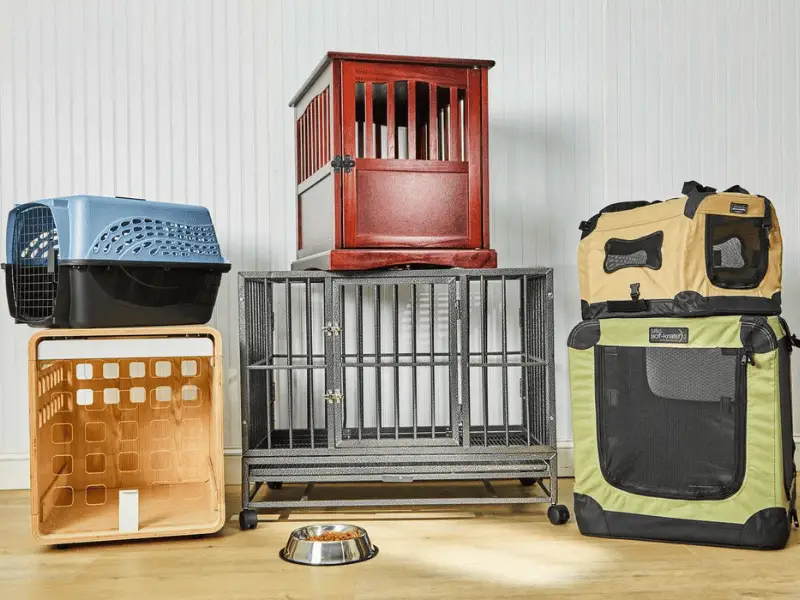German Shepherds are very energetic dogs, so new dog owners often want to know what do German Shepherds eat.

If you plan on having a German Shepherd for a pet, be ready to take him on long walks every morning and night. Giving your dog enough food is especially important because it is a highly active breed.
Understanding Life Stage Dietary Needs
The dietary needs of German Shepherds vary significantly from puppyhood to adulthood and into their senior years. With their rapid growth and high energy levels, Puppies require diets rich in protein and calories to support their development.

Puppy-specific formulas are often the best choice for these young dogs. As they transition into adulthood, their calorie needs may decrease, and their diet should shift to maintain a healthy weight and muscle mass.
For senior German Shepherds, diets lower in calories but rich in fiber and essential nutrients can help manage age-related issues such as decreased mobility and digestive problems.

It’s essential to choose a diet that corresponds to their life stage and individual health needs, always in consultation with a veterinarian.
Feeding Time for German Shepherds
Remember to take your German Shepherd’s age into account when you’re feeding him. Puppies need more nourishment than full-grown dogs, and senior dogs need fewer calories than younger ones. If you aren’t sure how much food to give your German Shepherd, just ask your vet.

A German shepherd’s diet should consist of about 1–1/2 cups to 2 cups of high-quality food each day (or an equivalent amount of canned dog food). Kibble is a common type of dry dog food that is made up of crushed pellets or wafers.
It can be given to your dog all throughout the day because it is easy to transport and won’t go bad quickly.
Homemade Dog Food: A Nutritious Snack Alternative
For those who prefer a more hands-on approach to their German Shepherd’s diet, homemade dog food is a great option. Here’s a nutritious recipe:

- Chopped Beef Liver – 4 ounces
- Carrots – 3 ounces
- Milk – 1/2 cup
- Oatmeal – 1/2 cup
- Eggs – 2
- Milk – 1/2 cup
- Banana – 1 cooked and mashed
- Cheddar Cheese – 2 ounces
- Cooked Ground beef – 3 ounces
Mix all ingredients in a blender, and pour the food mixture into ice trays for your dog. These cubes can be refrigerated or frozen until ready to use (and microwaved when needed).
Balancing the Diet: The Importance of Protein and Carbohydrates
Protein is a crucial component in a German Shepherd’s diet. It supports muscle development and maintenance, which is vital for this active breed.
Puppies need a minimum of 22% protein in their diet, while adult dogs need about 18% to comply with their nutritional requirements.

Foods with high-quality animal-based protein sources are essential, as they regulate and provide energy for your GSD, help heal wounds faster, improve the health of your dog’s hair, nails, and skin, build healthier muscles and restore their growth, and improve the GSD’s immunity overall.” – Paws Insider
Carbohydrates, on the other hand, provide the necessary energy to keep them going. A balance between these two is key for their overall health.
Understanding Food Allergies and Sensitivities
Just like humans, German Shepherds can have food allergies or sensitivities. Common allergens include beef, dairy, wheat, egg, chicken, lamb, soy, pork, rabbit, and fish.
If you notice symptoms like itching, ear infections, diarrhea, or vomiting, consult your vet for an allergy test.
The Role of Supplements in a German Shepherd’s Diet
Sometimes, even the best diets may lack certain nutrients. Supplements like fish oil for healthy skin and coat, glucosamine for joint health, and probiotics for digestion can be beneficial.
However, always consult with your veterinarian before adding any supplements to your dog‘s diet.
Avoiding Human Foods: What Not to Feed Your German Shepherd
It’s important to know which human foods are harmful to German Shepherds. Chocolate, grapes, onions, garlic, avocado, and alcoholic beverages are a strict no-no. These can cause serious health issues, including poisoning.
The Importance of Fresh Water
Never underestimate the importance of fresh water in your German Shepherd’s diet. Fresh, clean water should always be available, especially after exercise or in hot weather, to keep them hydrated.
Monitoring Your German Shepherd’s Weight
Regularly monitoring your German Shepherd’s weight is crucial. Overweight dogs are at risk of health issues like diabetes and joint problems, while underweight dogs may lack essential nutrients. Adjust their diet as needed and maintain a regular exercise routine.
Seasonal Diet Adjustments for German Shepherds
Just as humans adapt their diets to the changing seasons, so too should the diet of a German Shepherd be adjusted. In colder months, these active dogs may require more calories to maintain their energy levels and body heat.
Incorporating slightly more proteins and fats into their diet during winter can be beneficial. Conversely, in the warmer months, when dogs may be less active and prone to overheating, a diet lighter in fats and heavy proteins might be more suitable.
Additionally, adding fresh, seasonal fruits and vegetables that are safe for dogs, like apples and green beans, can provide natural nutrients and hydration during the summer.
Conclusion On What German Shepherds Eat
Feeding your German Shepherd the right diet is a significant part of responsible pet ownership. With the right balance of nutrients, homemade food options, and an understanding of their unique dietary needs, you can ensure your German Shepherd lives a long, healthy, and active life.
Remember, when in doubt, your veterinarian is your best resource for dietary advice.


